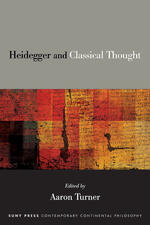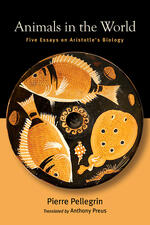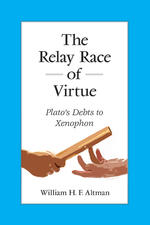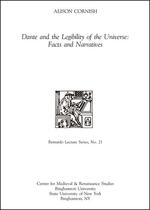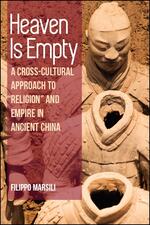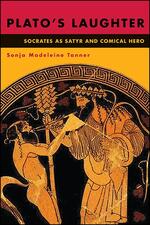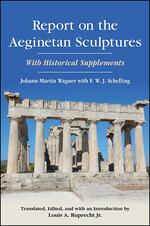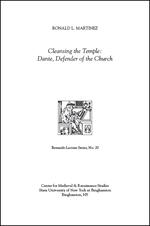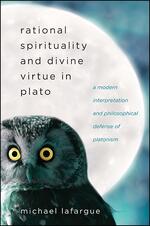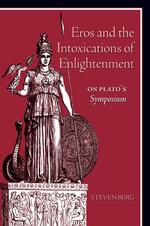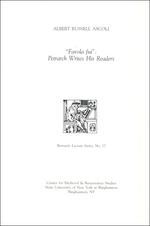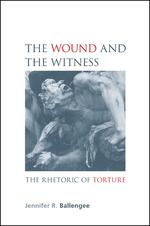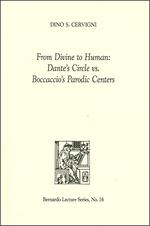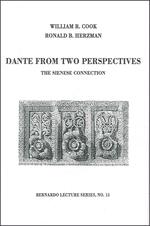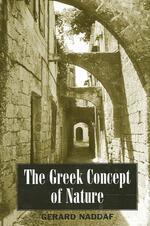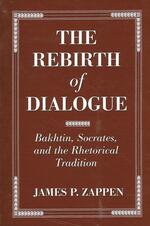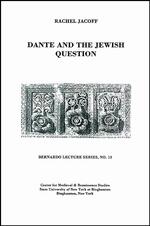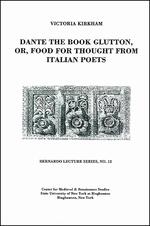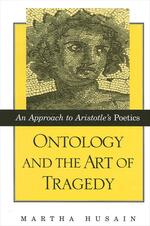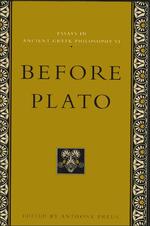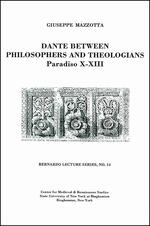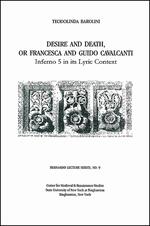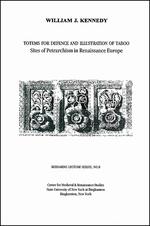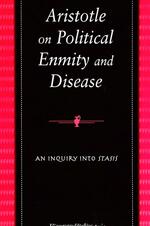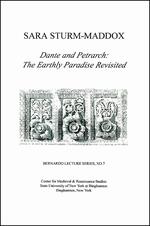Classics
Heidegger and Classical Thought
Explores Martin Heidegger's rich and profound engagement with ancient philosophy and literature and demonstrates both his essential place within the discourse of classical studies and the fundamental significance of classical thought for his own work.
Animals in the World
Five innovative essays demonstrating how Aristotle's biology is an integral part of Aristotle's understanding of the universe.
The Relay Race of Virtue
Demonstrates that Plato and Xenophon ought to be regarded less as rivals and more as engaged in a dialogue advancing a common goal of preserving the Socratic legacy.
Dante and the Legibility of the Universe: Facts and Narratives
Argues that the Divine Comedy dramatizes the risks and rewards of competing narratives, or different ways of reading.
Heaven Is Empty
Offers a new perspective on the relationship between religion and the creation of the first Chinese empires.
Plato's Laughter
Counters the long-standing, solemn interpretation of Plato’s dialogues with one centered on the philosophical and pedagogical significance of Socrates as a comic figure.
Report on the Aeginetan Sculptures
Tells the story of Bavaria’s acquisition of ancient Greek sculptures that rivaled those acquired by England from the Parthenon.
Cleansing the Temple: Dante, Defender of the Church
Dante as protector and purifier of the Church.
Rational Spirituality and Divine Virtue in Plato
Describes a Platonic personal spirituality based on reason that is readily accessible to people today.
Eros and the Intoxications of Enlightenment
Provocative reinterpretation of Plato's Symposium.
"Favola fui": Petrarch Writes His Readers
Examines the interplay between reading and writing in the works of Petrarch and Dante.
The Wound and the Witness
Explores the rhetorical functions of torture and the witnessing of torture in both classical texts and contemporary contexts.
From Divine to Human: Dante's Circle vs. Boccaccio's Parodic Centers
In Boccacio's Decameron, Cervigni sees a parodic echo of the circles of Dante's Divine Comedy, and asks whether Bocaccio envisions the voyage of the brigata as similar to Dante the Pilgrim's journey toward the center, first the abysmal center of Lucifer, then towards the highest center, God.
Dante from Two Perspectives: The Sienese Connection
Addresses the implications of a document found in the Archivio di Stato di Siena which affirms a connection between Farinata degli Uberti, a Florentine conspicuously encountered by Dante the pilgrim in Inferno 10, and the Sienese Ghibellines with whom he and his fellow Florentine Ghibellines joined, in an alliance which produced the Sienese victory at the battle of Montaperti in 1260.
The Greek Concept of Nature
Explores the origin and evolution of the Greek concept of nature up until the time of Plato.
The Rebirth of Dialogue
Offers a fundamental rethinking of the rhetorical tradition as dialogue.
Dante and the Jewish Question
Addresses Jacoff’s own discomfort with Dante’s reiteration of the deicide charge against the Jews in Paradiso 7 and elsewhere.
Dante the Book Glutton, or, Food for Thought from Italian Poets
Explores Dante’s love of books.
Ontology and the Art of Tragedy
Argues for a reading of the Poetics in light of the Metaphysics.
Essays in Ancient Greek Philosophy VI
An anthology devoted to the intellectual developments that led up to the philosophy of Plato.
Dante Between Philosophers and Theologians: Paradiso X - XIII
Raises the radical question of how Dante’s understanding of poetry shaped his theology, his ethics, and, more generally his sense of the organization of knowledge or encyclopedia.
Desire and Death, or Francesca and Guido Cavalcanti: Inferno 5 in Its Lyric Context
Explores the lyric context of Inferno 5.
Totems for Defence and Illustration of Taboo: Sites of Petrarchism in Renaissance Europe
Argues that critical comments appended to early printed editions of Petrarch’s Rime sparse inflected the reception and understanding of Petrarch’s vernacular poetry in Renaissance Europe.
Aristotle on Political Enmity and Disease
Explores Aristotle's theory of the causes that give rise to stasis ('civic disorder'), and provides an original and systematic account of his understanding of political justice and friendship.
Dante and Petrarch: The Earthly Paradise Revisited
Explores the nature and significance of Petrarch’s indebtedness to Dante in the Rime sparse.
